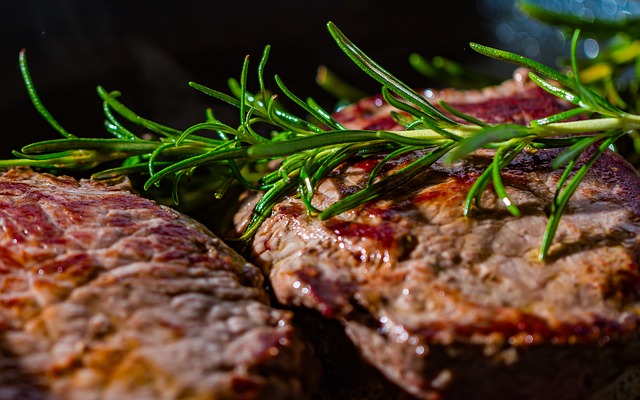Introduction
Getting 200g of protein a day is a common goal for individuals who are looking to build muscle, lose weight, or simply maintain a healthy diet. Protein is an essential macronutrient that plays a crucial role in various bodily functions, including muscle repair and growth. However, reaching this protein intake can be challenging if you’re not aware of the right strategies. In this article, we will explore different ways to get 200g of protein a day and provide you with practical tips to achieve this goal.
1. Diversify Your Protein Sources
Protein sources: Incorporating a variety of protein-rich foods into your diet is key to reaching your daily protein target. Include lean meats such as chicken, turkey, and fish, as they are not only high in protein but also low in fat. Plant-based protein sources like beans, lentils, tofu, and tempeh are excellent options for vegetarians and vegans. Dairy products like Greek yogurt and cottage cheese are also rich in protein.
2. Prioritize High-Protein Meals and Snacks
Meal planning: Plan your meals in advance to ensure you’re consuming enough protein throughout the day. Aim to have a good source of protein in each meal, such as eggs for breakfast, grilled chicken breast for lunch, and salmon for dinner. Additionally, incorporate high-protein snacks like protein bars, nuts, and seeds into your daily routine.
3. Supplement with Protein Powders
Protein powders: Protein powders can be a convenient way to increase your protein intake. Whey protein, casein protein, and plant-based protein powders are popular options. They can be mixed with water or added to smoothies, oatmeal, or baked goods to boost your protein content. However, it’s important to choose a high-quality protein powder and follow the recommended dosage.
4. Optimize Protein Timing
Protein timing: Distributing your protein intake evenly throughout the day can enhance muscle protein synthesis. Aim to consume a source of protein every 3-4 hours. This could involve having a protein-rich snack between meals or consuming a protein shake after a workout to support muscle recovery.
5. Consider Protein-Rich Supplements
Supplement options: If you find it challenging to meet your protein needs solely through food, consider using protein-rich supplements. Branched-chain amino acids (BCAAs) and collagen peptides are examples of supplements that can help increase your protein intake. However, it’s important to consult with a healthcare professional before adding any supplements to your routine.
Conclusion
Meeting a daily protein target of 200g can be achieved through careful planning and diversifying your protein sources. Incorporating lean meats, plant-based proteins, dairy products, and protein powders into your diet can help you reach this goal. Additionally, optimizing protein timing and considering protein-rich supplements can further support your protein intake. Remember to consult with a healthcare professional or registered dietitian before making any significant changes to your diet or adding supplements.
References
– Mayo Clinic: mayoclinic.org
– Healthline: healthline.com
– Academy of Nutrition and Dietetics: eatright.org












